Auto Added by WPeMatico
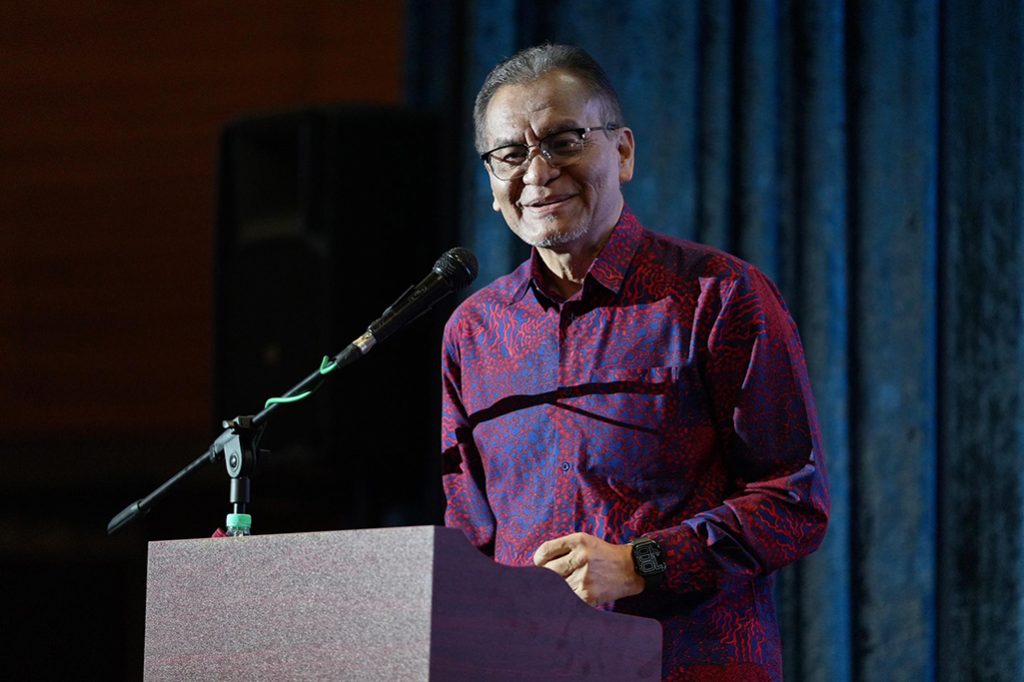
by AZALEA AZUAR
THE Ministry of Health (MOH) aims to incorporate fatty liver screening and liver cancer, particularly hepatocellular carcinoma (HCC), into its broader non-communicable diseases (NCD) framework.
Health Minister Datuk Seri Dr Dzulkefly Ahmad (picture) explained that this issue needs to be addressed after HCC is ranked the fifth most common cancer in Malaysia.
The National Health Morbidity Survey 2023 reported that around 6.7 million Malaysians (approximately 28% of the population) are affected. Meanwhile, 700,000 are already facing a moderate to high risk of developing advanced liver fibrosis.
“This simply cannot be ignored. Like lung cancer, reducing the burden of HCC requires earlier detection and a strong focus on upstream risk factors, from hepatitis infections to fatty liver disease and cirrhosis,” he said during the opening ceremony of the National Cancer Congress Malaysia (NCCM 2025).
Dr Dzulkefly also called for the support of a dedicated “Liver Health Strategy” which is a national plan that coordinates efforts, pools resources and boosts progress.
Moreover, Malaysia has successfully spearheaded the adoption of a global resolution titled “Promoting and Prioritising an Integrated Lung Health Approach”, with support from 15 co-sponsoring World Health Organisation (WHO) member states.
Dr Dzulkefly believed that this is not just a milestone for Malaysia but also for global public health as it demonstrates the commitment to a planet-wide approach to lung health.
Six states in Malaysia, namely Selangor, Penang, Kedah, Pahang, Kelantan and Sabah are being implemented in its lung-health commitment where artificial intelligence (AI) is used for chest X-rays in selected clinics and government hospitals.
Recently, the National Cancer Society Malaysia (NCSM) has also rolled out its mobile AI X-ray units to help screen underprivileged communities and workers in industrial settings.
NCCM 2025 was organised by the NCSM and Sunway University from June 20 to 22.
In its second edition, it introduced three new summits which address cancer financing, patient advocacy and women’s cancer issues.
NCCM 2025 carries the theme “Bridging Gaps, Building Hope, Empowering Lives”, addressing regional cancer challenges with participants from Europe, the Middle East and beyond.
It focuses on cancer research, early detection, screening, personalised medicine and improving survivor care.
Furthermore, the “Cancer Financing Summit” which was co-organised by NCSM and the Malaysia Cancer Care Coalition (M3C) under the auspices of the Pharmaceutical Association of Malaysia (PhAMA) was held on June 20, involving 150 stakeholders which included policymakers, healthcare providers and industry leaders to develop sustainable financing strategies.
Dr Dzulkefly said the summit must seek to address key issues such as funding models, service procurement and benefit design that are grounded in real-world case studies and ecosystem-wide insights, all of which shape patient access to care.
“For too many families, affordability remains the greatest barrier to timely and effective treatment,” he said.
Day two will focus on patient advocacy while day three will centre on women’s cancer-related issues.
RELATED ARTICLES
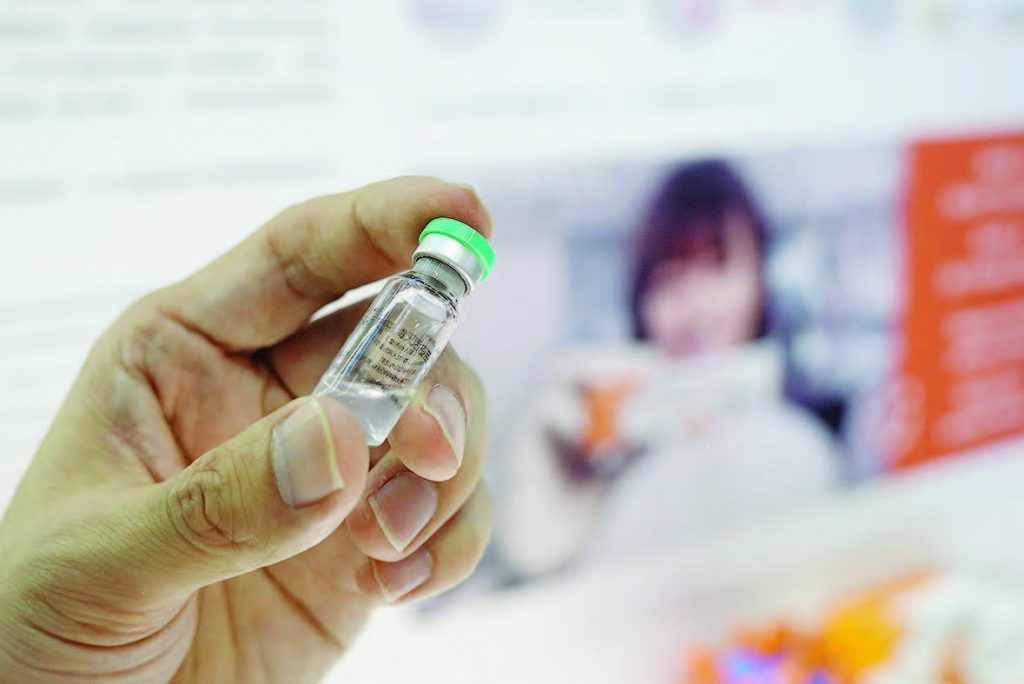
Inix seeks to distribute Covid-19 vaccines from China
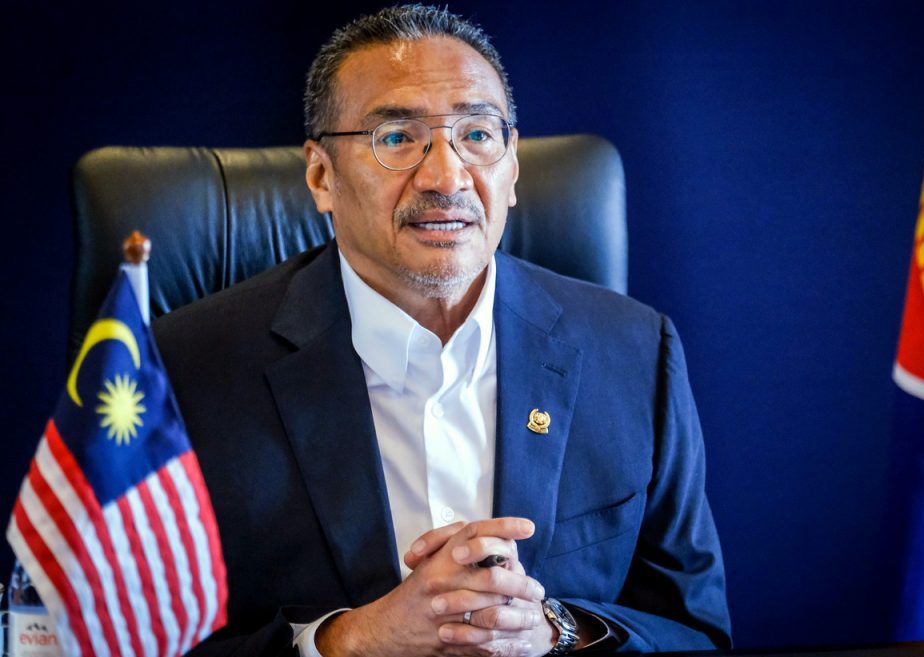
Hishammuddin under quarantine, not joining Asean-China Foreign Ministers’ Meeting
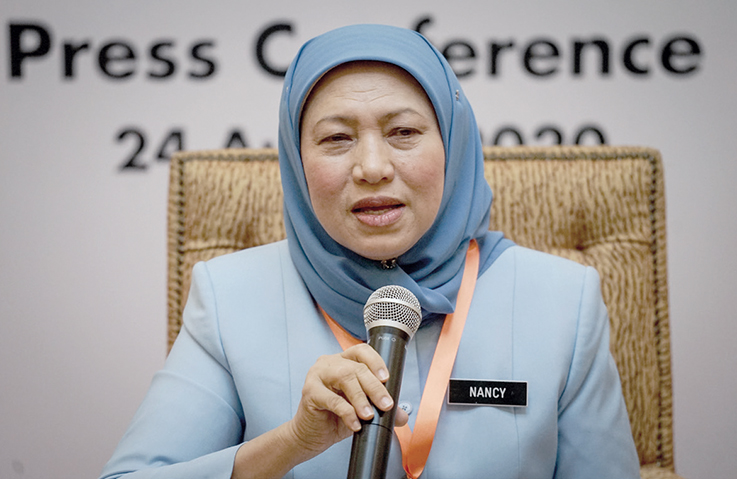
Nancy: Business events industry prospect still positive
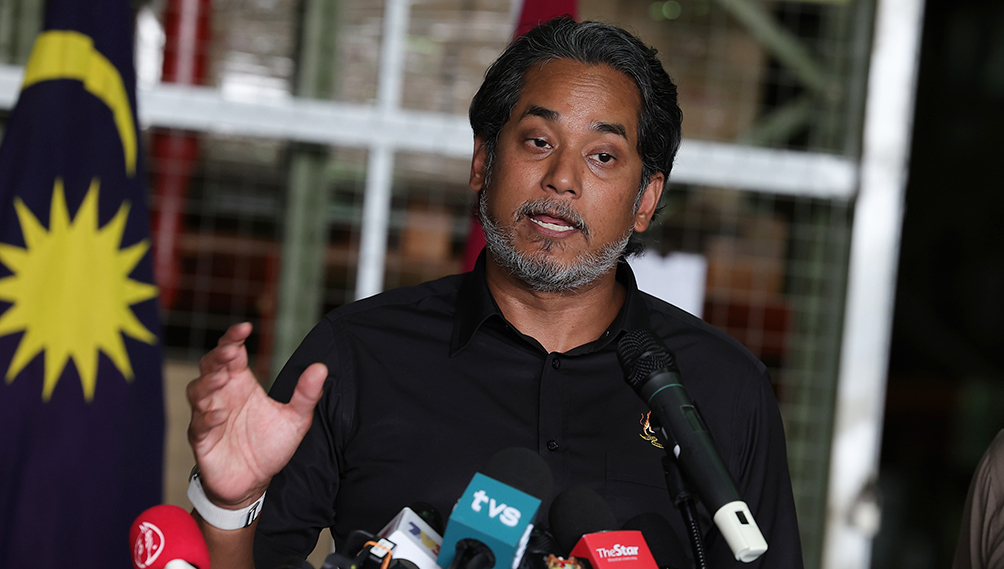
MoH, Mindef to create new framework to optimise use of assets, resources
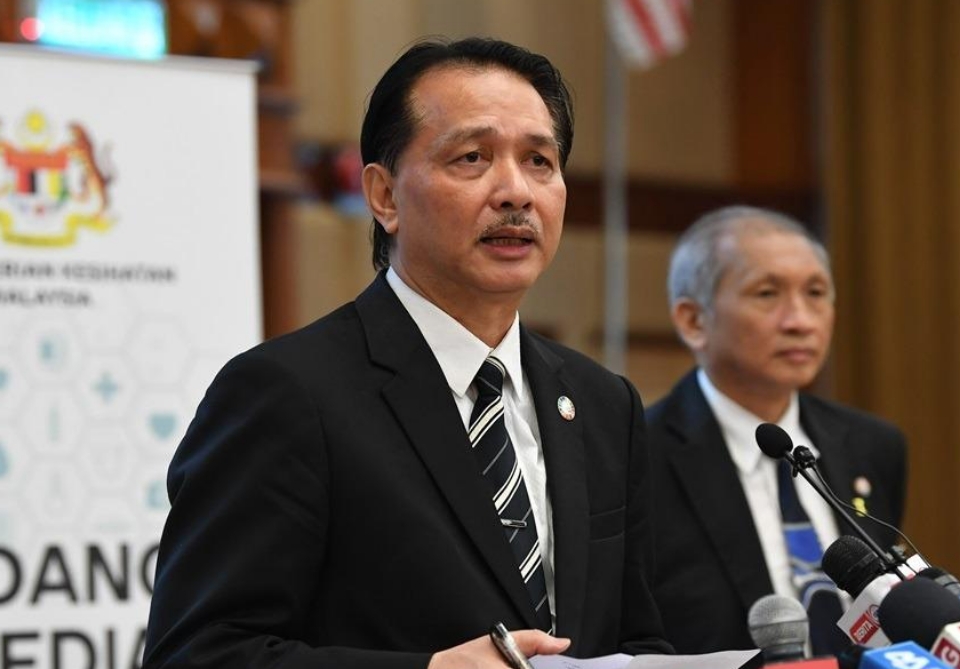
MOH mulls making COVID-19 vaccination compulsory
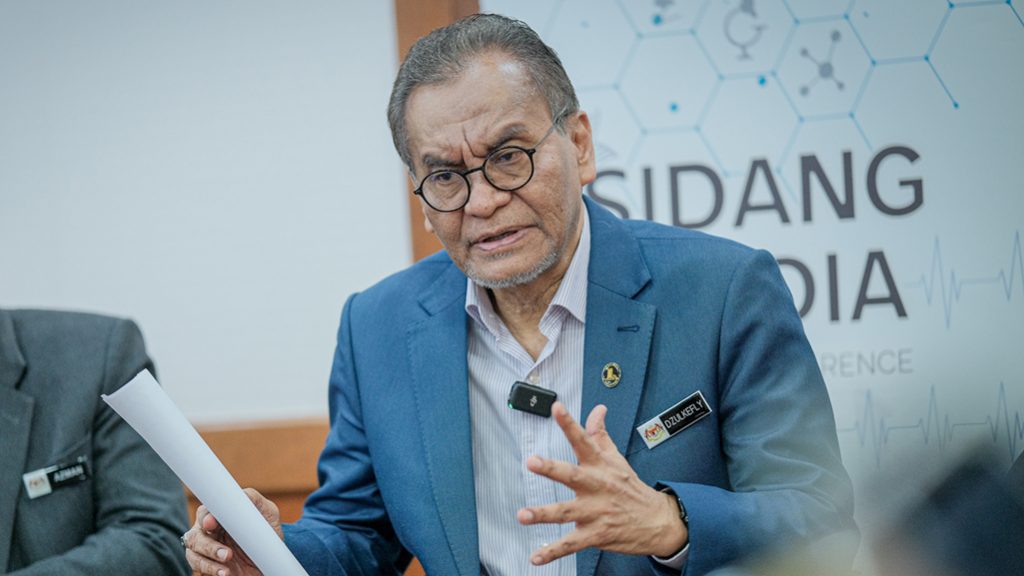
Dzulkefly: MOH gets approval to raise ETAP allowance, announcement to be made later
The post MOH to add liver health problems into NCD framework appeared first on The Malaysian Reserve.
